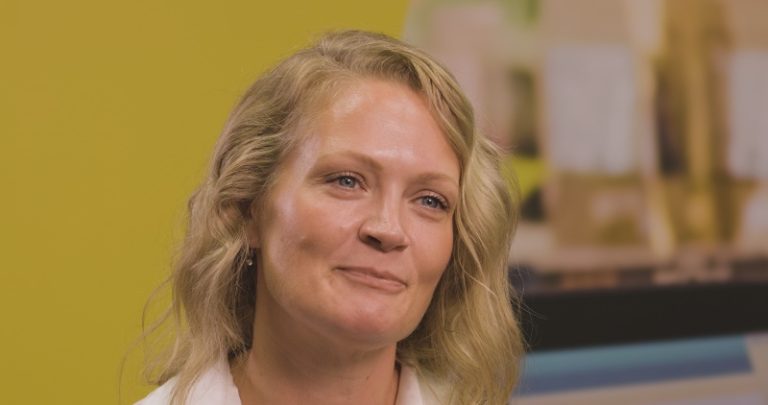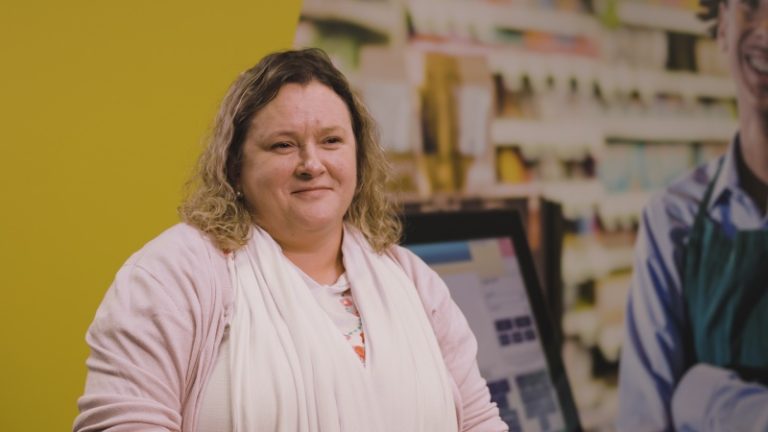People, places and spaces: careers in urban planning
People, places and spaces: careers in urban planning

What does a career in urban planning involve? What skills do you need and how can you get started? Find out more about the opportunities out there with this short guide.
What is an urban planner?
Urban or town planners help shape the places we live.
They often look at issues on a local level to decide what sorts of new buildings or developments are suitable. This could range from a kitchen extension on an ordinary house, to a new shopping centre or housing development. They consider what impact any development will have and try to balance different needs. What are transport links like? Is the area at risk from flooding? Will the development create any jobs? Does the area need more housing? What does the community want? How will wildlife be affected? What will be the impact on the surroundings? Will there be extra traffic?
Planners play a key role in large-scale projects. These can range from transport works such as HS2 or Crossrail, through to major development projects in towns and cities. Planners also help preserve historic or special buildings.
What is the planning process?
Most building work requires permission from the local authority (often called the council). If you want to build something or make certain changes to a building, you need to submit a planning application. This contains the plans for the project and other relevant information. Planning officers look at planning applications and advise if they think the development should go ahead. The planning application then goes to a planning committee. This is a meeting where people can give their views. Local councillors consider the evidence and decide whether or not to grant permission.
Where do urban planners work?
Planners work mainly in local authorities, government departments or in planning consultancies.
Local authorities look after planning applications and developments in their area.
Government departments and agencies will consider planning on a national level and develop planning policy (for example deciding areas where no building is allowed).
Planning consultancies advise developers on building projects and look at possible sites for new developments.
There are other opportunities in urban planning to explore too. Planners work for supermarket chains, heritage organisations and in the energy industry to name a few. You can get a sense of the types of planning jobs out there with the Friday Five, a weekly round-up of interesting vacancies.
What skills do I need to become an urban planner?
The following skills are particularly useful for jobs in urban planning:
- Good communication and negotiation skills – planners need to deal with people at all levels
- Presentation skills – planners need to present at planning boards, appeals, public enquiries and community meetings
- Report writing – planners need to write reports which make recommendations
- Analytical skills
- Creative thinking
- Attention to detail
- The ability to explain rules and regulations
- An eye for good design
- An understanding of how people interact with spaces
How do I get into urban planning?
The most common route into urban planning is with an urban or town planning degree.
A-levels in subjects such as geography, politics, economics, psychology, law and sociology can be helpful. Degree courses and entry requirements vary, so it’s worth checking with individual universities.
If you’re coming to planning after a break from your studies, look out for foundation year courses. These are designed to give mature students without standard entry qualifications the best possible preparation for success on their chosen degree course.
You can also take the apprenticeship route which allows you to combine work, study and training. Town planning technical support (level 3) allows you to qualify as a planning technician. A chartered town planner degree apprenticeship should be available soon.
Find out more
Visit The Royal Town Planning Institute for more information on career options and courses.



